Artificial Intelligence (AI) has emerged as a transformative force in the healthcare industry, revolutionizing how hospitals manage their operations and deliver patient care. From streamlining administrative tasks to supporting clinical decision-making, AI is enhancing the efficiency and quality of care provided by hospitals. This article delves into the various applications of AI in hospital management, exploring its benefits and potential challenges in achieving the ultimate goal of better healthcare outcomes.
- AI in Administrative Operations
AI is empowering hospital administrators to optimize resource allocation and streamline various administrative processes, leading to increased efficiency and cost-effectiveness. Here are some key areas where AI is making a significant impact:
a. Patient Scheduling and Management: AI-driven scheduling systems can analyze patient data, doctor availability, and resource utilization to create optimized appointment schedules, reducing wait times and maximizing the utilization of resources.
b. Revenue Cycle Management: AI algorithms can analyze billing and coding data to identify potential errors or discrepancies, ensuring timely and accurate reimbursement and minimizing revenue leakage.
c. Supply Chain and Inventory Management: AI-powered systems can predict demand for medical supplies, optimize inventory levels, and automate procurement processes, reducing waste and ensuring that critical supplies are always available when needed.
d. Fraud Detection and Prevention: AI can analyze vast amounts of healthcare data to identify patterns of fraudulent activities, helping hospitals combat insurance fraud and protect their financial interests.
- AI in Clinical Decision Support
AI is transforming clinical decision-making by providing healthcare professionals with valuable insights and evidence-based recommendations. By analyzing vast datasets and medical literature, AI systems can assist healthcare providers in making more informed decisions and improving patient outcomes:
a. Medical Imaging and Diagnostics: AI algorithms excel in interpreting medical images like X-rays, MRIs, and CT scans, assisting radiologists in early detection and accurate diagnosis of various conditions, including cancers and neurological disorders.
b. Personalized Treatment Plans: AI can analyze patients’ genetic data, medical history, and treatment outcomes to create personalized treatment plans, considering individual variations and improving the effectiveness of therapies.
c. Predictive Analytics: AI can predict patient health deterioration, readmission risks, and identify potential complications, allowing healthcare providers to intervene proactively and reduce adverse events.
- AI in Patient Monitoring and Remote Care
AI-enabled remote patient monitoring solutions are empowering hospitals to extend their care beyond their physical premises. These technologies are particularly valuable in managing chronic conditions and providing care to patients in remote or underserved areas:
a. Remote Patient Monitoring Devices: AI-powered wearable devices can continuously monitor patients’ vital signs, providing real-time data to healthcare professionals and enabling early intervention in case of anomalies.
b. Telemedicine and Virtual Consultations: AI-backed telemedicine platforms facilitate remote consultations, enabling patients to access healthcare services from the comfort of their homes while reducing the burden on hospital facilities.
- AI in Hospital Safety and Infection Control
AI plays a vital role in enhancing patient safety and infection control measures, especially in the wake of pandemics and healthcare-associated infections:
a. Predicting and Preventing Infections: AI models can analyze patient data and environmental factors to predict and prevent hospital-acquired infections, ensuring a safer healthcare environment.
b. Robotics and Automation: AI-powered robots are being employed for tasks like disinfection, medication delivery, and other repetitive functions, minimizing the risk of human errors and infections.
AI is ushering in a new era of hospital management, significantly improving efficiency, and the quality of care provided to patients. By automating administrative tasks, supporting clinical decision-making, enabling remote care, and enhancing patient safety, hospitals can allocate resources more effectively, reduce costs, and, most importantly, improve patient outcomes. However, to fully realize the potential of AI in hospital management, healthcare institutions must address challenges related to data privacy, ethical considerations, and regulatory compliance. By striking the right balance between AI adoption and human expertise, hospitals can create a harmonious integration of technology and compassionate care, ultimately driving the future of healthcare towards unprecedented growth and advancement.

